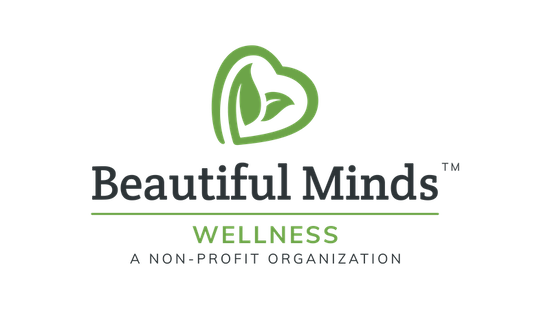Holiday shopping, family gatherings, meal preparations, financial limitations, diet maintenance, schedule interruptions, loneliness, loss, grief…
Holiday stress. It’s a familiar feeling for many. According to a poll done by Very Well Mind, a mental health website, about eighty percent of the poll-takers resonated with the idea that the holidays were ‘somewhat’ or ‘very’ stressful. With the increase in demand to give, organize, and socialize, many people find themselves stuck in stress mode for much of the holiday season.
Stress is a normal part of everyday life. However, there is no doubt that stress can lead to health issues if it is not dealt with properly. In this article, we will explore a few of the detrimental effects of chronic stress, as well as tips on how to combat it.
The Problem
Heart Disease
When we encounter a stressful situation, our body undergoes a masterful transformation into a danger-fighting, death-defying machine. In other words, our body–the sympathetic system in particular–provides us with the tools and internal environment needed to handle emergencies at the drop of a dime. Within the realms of our circulatory and respiratory system, the following changes occur: Blood vessels constrict, heart rate increases, breathing quickens, and our body and brain receive the life-giving blood and oxygen needed to make quick decisions.
This biological reaction is perfect when you’re wrestling a reindeer or doing last-minute shopping (whichever happens more often for you). However, as the adage goes, too much of a good thing can be harmful. When we cause our bodies to think that we are in a constant state of life-threatening conditions, the same vessels and heart that bring forth life and energy can become damaged. According to the American Psychological Association, “long-term ongoing stress can increase the risk for hypertension, heart attack, or stroke.”
GI Problems
When we enter into a stressful situation, our sympathetic system doesn’t just put the heart on high gear. It then turns to our stomach and puts it to sleep. After all, when one’s life is in danger, they need all the energy they can get to push through and conquer the situation. Once again, this is great during acutely stressful moments. However, chronic stress can lead to chronic inhibition of digestion. Nausea, bloating, stomachaches, and other discomforts can occur as a result.
Muscle Tension
There is a term within the fitness world called bracing. It involves the contraction of muscles to protect certain parts of the body from getting hurt. Interestingly enough, while we can practice bracing on a conscious level, our body can brace (i.e., tense up) on a subconscious level as well. The American Psychological Association observes that our body naturally tenses up during stressful times to protect us from pain and injury.
While preparing for impact is beneficial in the short term, muscle tension can be detrimental long term. Constant tension can lead to spasms, muscle tightness, headaches, and a host of issues in the musculoskeletal system.
The Solution
I hope this exposé on the hidden (or not so hidden) effects of stress didn’t stress you out. If it did, here are the promised tips on how to overcome and handle stress during this holiday season (and beyond!).
Deep breathing
When we practice controlled breathing, it sends a signal to our brain to calm down. The brain then relays this information to the rest of the body. Try taking deep, slow breaths from your belly for a few minutes at a time to retrain your mind and body to relax. Remember, in through the mouth, out through the nose.
Exercise
Nothing will get you breathing deeply like sprinting up a hill! Of course, doing an intense workout isn’t the only way to gain benefits from exercise. Light jogging, strength training, and even walking can boost your endorphins (feel-good hormones) and lower stress. Take time to find a workout or activity that you enjoy and get moving!
Massage Therapy
Nothing says “Stress Relief” like an hour-long session of massage therapy. This ancient art has been proven to provide many physiological and psychological benefits, including pain reduction, improvement in circulation, lowered blood pressure, and stress relief. Take time to get a professional massage or receive one from a friend or loved one (they make great gifts, too!). You will discover that safe touch in a comfortable environment can work wonders to reduce your stress.
Conclusion
So, there you have it! We have only scratched the surface of how long-term stress can lead to or exacerbate many health issues. However, there’s no need to worry. While stress may be an inevitable part of this holiday season, you now have tools to combat the craziness and get through with your mental and physical health intact.
Citations
Exercise and stress: Get moving to manage stress. (2020, August 18). Mayo Clinic.
https://www.mayoclinic.org/healthy-lifestyle/stress-management/in-depth/exercise-and-stress

Leave A Comment